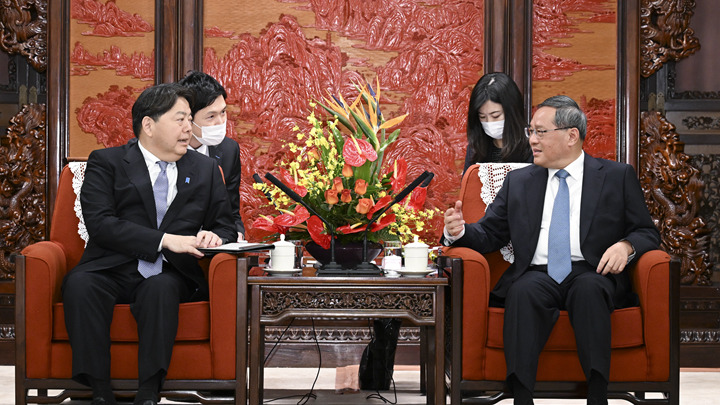The coalition of the Citizens for European Development of Bulgaria (GERB) party and the Union of Democratic Forces (UDF) won the country’s Oct. 2 snap parliamentary elections, according to final results announced by the country’s Central Electoral Commission (CEC) on Wednesday.
The coalition received 25.33 percent of the vote and will thus have 67 seats in the 240-member National Assembly.
The “We Continue the Change” (PP) coalition came second with 20.20 percent of the vote and 53 seats, according to the CEC.
Five more political groups have managed to cross the 4 percent threshold to enter Parliament: the Movement for Rights and Freedoms (MRF) with 13.75 percent and 36 seats; the Revival party with 10.18 percent and 27 seats; a coalition led by the Bulgarian Socialist Party (BSP) with 9.30 percent and 25 seats; the Democratic Bulgaria (DB) coalition with 7.45 percent and 20 seats; and the Bulgarian Rise party with 4.63 percent and 12 seats.
The newly elected National Assembly is expected to hold its inaugural session within three weeks.
Under Bulgaria’s Constitution, the country’s president will appoint a prime minister-designate nominated by the largest parliamentary group to form a government, and a simple majority of legislators present at the session will be needed for approval.
Should the prime minister-designate fail to form a government within seven days, the president shall entrust this task to a prime minister-designate nominated by the second largest parliamentary group.
Should the new prime minister-designate also fail to form a government, the president shall entrust the task to a prime minister-designate nominated by one of the minor parliamentary groups.
And should no agreement on the formation of a government be reached, the president shall appoint a caretaker government, dissolve the National Assembly and schedule new elections.
The PP, the BSP and the DB, which were the pillars of the previous ruling coalition, have repeatedly said that they would not support a GERB-UDF cabinet.
Last Sunday’s elections were scheduled after the coalition government led by Kiril Petkov was ousted in a no-confidence vote on June 22, and the parliamentary parties failed to form a new cabinet.
Petkov’s government was elected last December after three parliamentary elections within eight months — regular elections on April 4, 2021, and early elections on July 11 and Nov. 14, respectively.
All this was preceded by a four-year rule (between May 2017 and May 2021) by a coalition government dominated by the GERB party.










